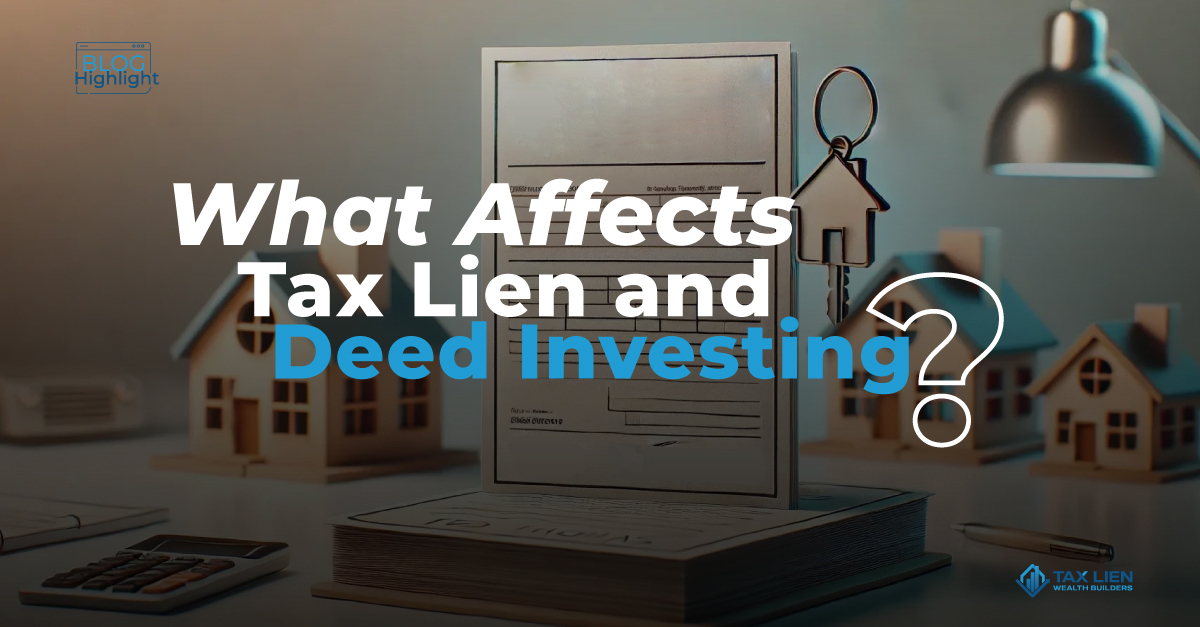All Categories
Featured
Table of Contents
If you want the tax lien foreclosure procedure, you should contact a lawyer so you understand and evaluate the risks of this sort of investment. - secrets of tax lien investing
Tax lien sales are one method that cities and regions try to recover several of the general public dollars they've invested keeping these residential properties deserted by exclusive owners. As we'll clarify in this post,. Once real estate tax are taken into consideration overdue, city governments normally focus on giving notification of misbehavior and attempting to accumulate the overdue quantities from the proprietor.
However, this process typically takes years. If an owner has strolled away and is reluctant to pay taxes or preserve the residential or commercial property, the city must invest tax obligation dollars to preserve the property. These costsboarding up the building, trimming thick lawn and weeds, reacting to fire and cops gets in touch with the building, and moreadd up

Proprietors who have fallen on difficult times definitely require every effort to keep them out of misbehavior and in their homes. Normally, if the building is uninhabited and scrubby, we have to assume the proprietor has actually selected to desert their passion in the building and that they are "reluctant" to pay (though conditions earlier in the procedure may have forced their hand).
Tax Lien Property Investing
Take, as an example, a single-family home where the proprietor has actually long considering that left. For many years the regional federal government has needed to action in and remove trash discarded in the lawn, board up the doors and windows, and react to phone calls concerning illegal task on the home. All these solutions set you back the city government taxpayer dollars.
In several states, those costs can be accumulated in the very same manner as the unsettled taxes, but not in all. In a tax obligation lien sale (or tax obligation certificate sale) the neighborhood federal government generally holds a public auction where the winning prospective buyer agrees to pay the most money for the right to implement the tax lien, starting with a minimal bid of at least the tax obligations owned, plus suitable interest, charges, and prices.

When a federal government markets the tax lien they are usually offering to a private buyer the local federal government's authority to gather the financial debt in exchange for upfront settlement of the taxes owed. The customer's purchase generally consists of the capacity to earn future passion, along with recover related costs and expenses sustained by the customer, if the building owner pays the tax financial debt.
This is, in essence, privatization of a core government function: taxation. Tax obligation lien sales are particularly bad when it involves uninhabited, abandoned, and shabby residential properties since they extend the duration prior to a home can be relocated into the hands of a brand-new, more responsible owner. Private tax lien purchasers hold the financial obligation, yet they do not own the titlethe legal right to possession of the propertyand in most cases, they have no interest in obtaining it.
Best Books On Tax Lien Investing
Considering spending plan cuts, regional federal governments in lots of states have actually decreased in-house real estate tax collection and enforcement efforts and aimed to tax obligation lien sales as a fast mixture of profits - are tax lien certificates a good investment (how does tax lien investing work). Numerous counties pick or are mandated by the state to market tax liens due to the fact that it outsources collection and commonly generates extremely needed money previously in the collection procedure
By transferring the neighborhood federal government's rate of interest in and enforcement of the tax lien to an exclusive buyer, city governments shed much of their adaptability: versatility to get vacant residential or commercial properties that the private market does not want, or to aid the owner avoid losing their residential property. With uninhabited properties, there is a much greater possibility that the personal purchaser isn't interested in the building itself.
Tax obligation lien sales can cause injury in traditionally disinvested locations. In a clinically depressed housing market, fewer owners have the ability to retrieve the amount of the financial obligation marketed to a tax lien buyer. These areas are ripe for a various kind of tax lien investorspeculative proprietors seeking to get residential or commercial properties on the affordable by foreclosing on the residential property tax lien, bleeding what little bit equity is left by renting a low-grade residential or commercial property to vulnerable lessees, and afterwards deserting the residential or commercial property when they have actually gained back their financial investment.

Not all state legislations provide local governments the power to interfere in this cycle. Either way, the building remains vacant and in limbo, all the while imposing substantial costs on its next-door neighbors and taxpayers. It's easy to understand that several city governments transform to tax obligation lien sales due to the fact that they aid money important civil services.
If the local government rather sells the residential or commercial property (aka the "tax obligation act"), as opposed to the tax obligation financial debt, then they are in control of what happens to the home and the enforcement procedure if the owner remains to not pay the real estate tax owed. The government will provide the proprietor an affordable time to pay back the tax obligation debt, after which the government will certainly confiscate its interest in the tax lien and the owner's right of redemption.
From their inception, these auctions were venues for capitalists to make money via exploitation. In early 20th-century cities, well-known "tax sharks" like Chicago's Jacob Glos and New York's Charles Wiltsie amassed fortunes by getting up scores of tax obligation liens on homes, charging their proprietors expensive total up to remove the lien, or waiting up until the target date for negotiation passed and declaring the deed.
How Does Tax Lien Investing Work

Calls to eliminate tax lien sales and overhaul tax misbehavior laws have regularly appeared. Commonly, they have actually can be found in feedback to situations of poor, often elderly property owners who lost their homes to dishonest tax obligation purchasers over little tax financial debts. Yet with a couple of exemptions, state legislatures have withstood structural reforms.
Those that have settled their home loans (primarily senior citizens or persons that had actually inherited a family members home) should likewise locate the money to pay residential property tax obligations. This clarifies why 70 percent of the homes cost tax obligation lien sales are possessed outright. It is well past time for states to adopt an even more humaneand much more effectivesystem for property tax enforcement.
Latest Posts
Investing In Tax Liens In Texas
Foreclosure Recovery Program
Mortgage Surplus Funds